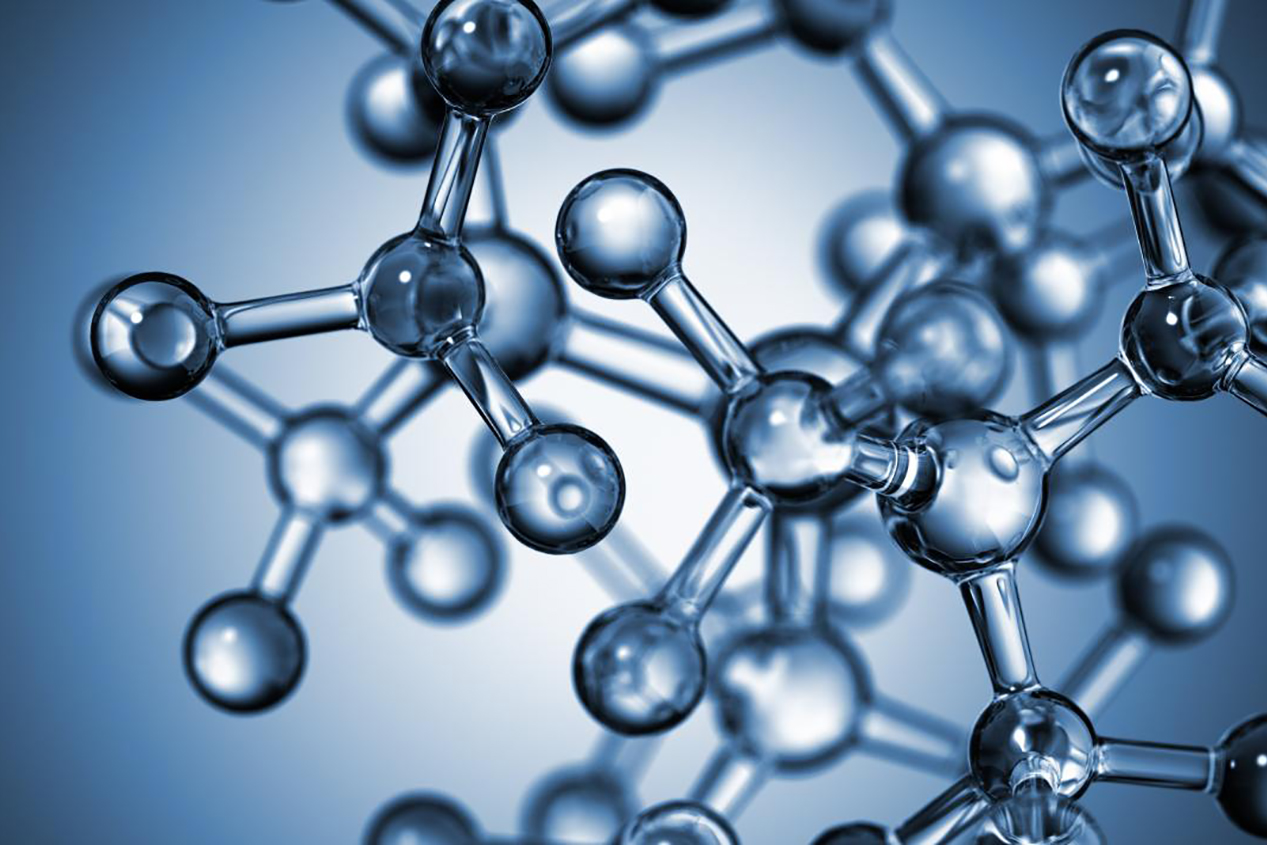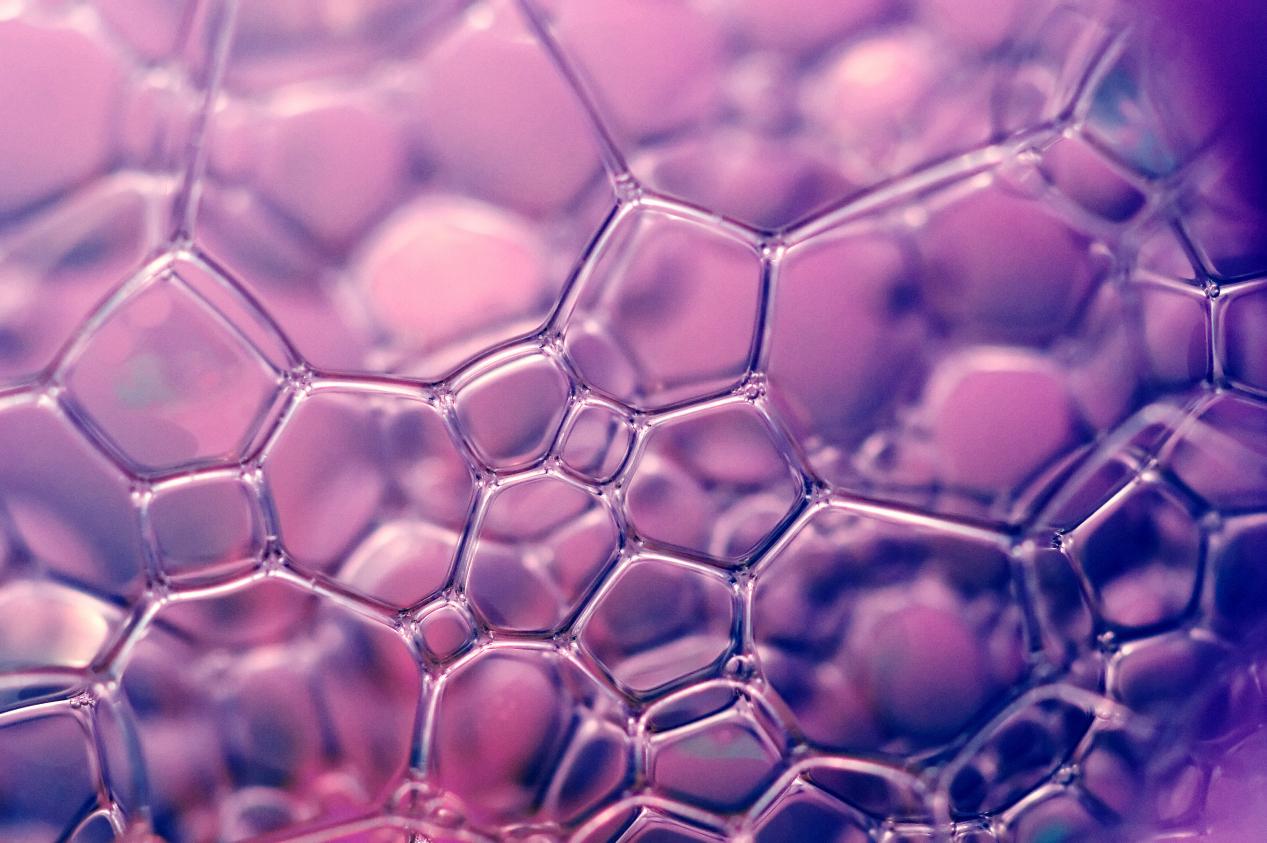
Polymer monomers play a crucial role in manufacturing. These compounds form the backbone of materials used in industries like healthcare, automotive, and biotechnology. For example, Aspergillus oryzae, a microorganism, aids in producing biocompatible polymers. Companies like JIN DUN Materials innovate polymer monomer technology, ensuring you benefit from sustainable and efficient solutions.
Key Takeaways
- Polymer monomers are the basic parts of materials used in many industries, like healthcare and cars.
- Picking the correct monomer helps make materials fit special needs, improving how they work and last.
- Polymer monomers help the environment by making recyclable and breakable-down materials.
Understanding Polymer Monomers

Definition and Characteristics
Polymer monomers are the small molecules that act as the building blocks for polymers. You can think of them as the individual links in a chain. When these monomers join together, they form long, repeating structures called polymers. These polymers are what give materials their unique properties, such as flexibility, strength, or durability.
Each monomer has specific characteristics that determine how it behaves during polymerization. For example, some monomers, like Methyl Methacrylate (MMA), create hard and rigid polymers. Others, like soft monomers, produce flexible and elastic materials. Functional monomers add special features, such as resistance to heat or water. By selecting the right type of monomer, you can create materials tailored to specific needs.
Monomers are versatile and adaptable. They can be used to make everything from lightweight car parts to biocompatible medical devices. Their ability to combine in different ways makes them essential in modern manufacturing.
The Process of Polymerization and Its Importance
Polymerization is the process where monomers link together to form polymers. This transformation happens through chemical reactions, often involving heat, light, or catalysts. You might compare it to assembling a puzzle, where each piece connects to form a complete picture.
This process is crucial because it determines the final properties of the material. For instance, a tightly packed polymer structure results in a strong and durable product. A loosely packed structure creates a flexible and lightweight material. Polymerization allows you to control these outcomes.
Without polymerization, industries couldn’t produce the advanced materials you rely on daily. From electronics to packaging, this process ensures that products meet specific performance standards. It’s the key to innovation in manufacturing.
The Role of Polymer Monomers in Manufacturing

Building Blocks of Modern Materials
Polymer monomers serve as the foundation for many materials you encounter daily. These small molecules combine to form polymers, which are used to create products with specific properties. For example, hard monomers like Methyl Methacrylate (MMA) produce strong and rigid materials. These materials are ideal for applications like automotive parts and construction components.
Soft monomers, on the other hand, create flexible and elastic polymers. You’ll find these in items like rubber tires or stretchable fabrics. Functional monomers add unique features, such as heat resistance or water repellency. This makes them essential for advanced applications like electronics or medical devices.
Tip: The type of monomer you choose directly impacts the performance of the final product. Selecting the right one ensures the material meets your needs.
Without polymer monomers, industries couldn’t produce the innovative materials that drive modern technology. They truly are the building blocks of progress.
Customization and Versatility in Industrial Applications
Polymer monomers give you the ability to customize materials for specific uses. By adjusting the type and combination of monomers, you can create polymers with tailored properties. For instance, you might need a lightweight yet durable material for aerospace components. Polymer monomers make this possible.
Their versatility allows them to be used across a wide range of industries. In agriculture, they help create protective coatings for seeds. In textiles, they enhance fabric strength and elasticity. Even in electronics, they provide insulation for delicate components.
Note: This adaptability makes polymer monomers a go-to solution for manufacturers looking to innovate and improve efficiency.
You can rely on polymer monomers to meet the demands of diverse applications. Their ability to adapt ensures they remain a cornerstone of modern manufacturing.
Applications of Polymer Monomers Across Industries
Automotive: Lightweight and Durable Components
Polymer monomers help you create lightweight yet durable materials for automotive applications. These materials reduce vehicle weight, improving fuel efficiency and performance. Hard monomers like Methyl Methacrylate (MMA) are often used to produce strong, rigid components such as bumpers and dashboards. Their ability to withstand wear and tear ensures long-lasting performance. By using polymer monomers, manufacturers can meet the demand for safer, more efficient vehicles.
Healthcare: Biocompatible Materials and Medical Devices
In healthcare, polymer monomers enable the production of biocompatible materials. These materials are essential for medical devices like catheters, implants, and prosthetics. Functional monomers add properties like heat resistance and flexibility, ensuring these devices perform reliably. You also benefit from their use in drug delivery systems, where polymers help control the release of medication. This innovation improves patient outcomes and enhances the quality of care.
Electronics: Insulation and Advanced Components
Polymer monomers play a critical role in electronics. They provide insulation for wires and circuit boards, protecting delicate components from damage. Functional monomers contribute to advanced features like heat resistance and electrical conductivity. You’ll find these polymers in devices like smartphones, computers, and even renewable energy systems. Their versatility ensures electronics remain efficient and durable.
Packaging: Sustainable and Protective Solutions
Packaging relies on polymer monomers for both sustainability and protection. Soft monomers create flexible films used in food packaging, keeping products fresh. Hard monomers produce rigid containers that protect fragile items during transport. Many polymer-based packaging materials are recyclable, helping you reduce waste and support environmental sustainability. This makes them a practical choice for modern packaging needs.
Aspergillus oryzae: A Unique Application in Biotechnology
Aspergillus oryzae, a microorganism, has a unique role in biotechnology. It aids in producing biocompatible polymers used in medical and agricultural applications. For example, these polymers can enhance seed coatings, improving germination rates. Aspergillus oryzae also contributes to the development of eco-friendly materials, aligning with the growing focus on sustainability. Its integration with polymer monomers showcases the potential for innovation in material science. By leveraging Aspergillus oryzae, you can explore new possibilities in biotechnology and beyond.
Advantages of Using Polymer Monomers
Cost-Effectiveness in Production
Polymer monomers help you reduce production costs. Their ability to form strong and durable polymers means you can use less material while achieving the same performance. For example, lightweight polymers replace heavier materials like metal in automotive manufacturing. This reduces material costs and improves fuel efficiency. Additionally, polymer monomers often require less energy during processing. Lower energy consumption translates to savings in production expenses. By choosing the right monomers, you can optimize your manufacturing process and stay competitive in the market.
Versatility Across Diverse Applications
Polymer monomers adapt to a wide range of uses. You can combine different types of monomers to create materials with specific properties. For instance, hard monomers provide strength for construction materials, while soft monomers add flexibility to textiles. Functional monomers enhance performance by adding features like heat resistance or water repellency. This versatility allows you to innovate across industries, from healthcare to electronics. Even in biotechnology, polymer monomers work with Aspergillus oryzae to develop eco-friendly solutions. Their adaptability ensures they meet the demands of modern manufacturing.
Contributions to Sustainability and Recycling
Polymer monomers support sustainability efforts. Many polymers created from these monomers are recyclable, helping you reduce waste. For example, packaging materials made from polymer monomers can be reused or repurposed. Some monomers also enable the production of biodegradable polymers, which break down naturally over time. This reduces environmental impact and aligns with global sustainability goals. By using polymer monomers, you contribute to a greener future while meeting consumer demand for eco-friendly products.
Polymer monomers empower you to create innovative and sustainable materials. They form the backbone of modern manufacturing. Companies like JIN DUN Materials lead advancements in this field, driving progress across industries. As manufacturing evolves, you can rely on polymer monomers to support innovation and meet environmental goals. Their importance will only grow.
FAQ
What are polymer monomers used for?
Polymer monomers create materials for industries like healthcare, automotive, and electronics. They form the foundation for products such as medical devices, car parts, and packaging.
How do polymer monomers support sustainability?
Polymer monomers enable recyclable and biodegradable materials. These materials reduce waste and environmental impact, helping you meet sustainability goals while creating eco-friendly products.
Can polymer monomers be customized for specific needs?
Yes, you can combine different monomers to tailor properties like strength, flexibility, or heat resistance. This customization makes them ideal for diverse industrial applications.
Post time: Feb-14-2025

